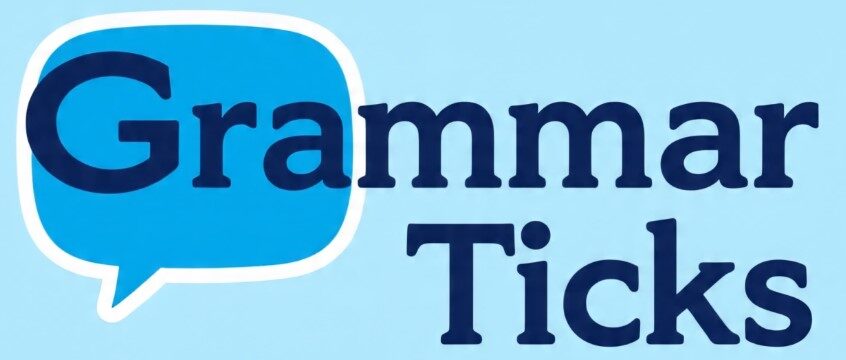Heyday or Hayday this question trips up many writers and speakers alike. When you want to describe a person’s or thing’s peak time or period of greatest success, choosing the right spelling matters. The confusion often comes from similar sounds and common misspellings, but only one version is correct when referring to the best years or the golden age of something.
Understanding the heyday meaning helps you avoid mistakes and use the word confidently. This article breaks down the heyday vs hayday debate, explores the word’s etymology, and offers practical tips to make sure you get it right every time. Let’s dive into the fascinating language confusion surrounding this term.
Why Do People Confuse Heyday and Hayday
The mix-up between heyday and hayday happens mostly because of their similar sounds. People often guess spellings based on how words sound. Add to that the influence of autocorrect or typing fast, and you get common misspellings.
Sometimes, the word “hay” which relates to dried grass sneaks into the mix, making hayday seem like a possible term. However, this version doesn’t have a recognized meaning in English. The confusion also grows because of how language evolves and how words shift meaning over time.
What Does Heyday Mean
Heyday means the peak period of achievement or the highest point of something’s success or popularity. It often refers to a time when someone or something was at their absolute best a prime time or period of prosperity.
For example, you might say:
- “The singer was at her heyday in the 1990s.”
This means the 1990s were her most successful years. In contrast, “hayday” is simply incorrect in this context.
Heyday Usage Examples in Everyday Context
Understanding heyday usage helps clear confusion. Here are some real-life scenarios:
- Business: “The company reached its heyday before the market crash.”
- Sports: “During his heyday, the athlete won every championship.”
- History: “The city enjoyed its heyday in the 18th century.”
In each case, heyday points to a peak period of achievement.
Origins of Heyday and Why Hayday Isn’t a Word
The etymology of heyday traces back to Middle English, where “heyday” started as an exclamation of joy or surprise. Over time, it evolved to mean the time of greatest success or highest point in something’s life.
Here’s a quick look at its journey:
| Period | Meaning | Notes |
|---|---|---|
| Middle English | Shout of joy or excitement | Expressed surprise or delight |
| 16th century | Time of peak success or popularity | Shifted to describe “golden age” |
On the other hand, hayday doesn’t have historical roots or dictionary recognition, making it a common misspelling rather than an alternative.
Synonyms for Heyday to Broaden Your Vocabulary
Sometimes, you might want a fresh way to say heyday. Here are some heyday synonyms that carry similar meanings:
- Prime time
- Golden age
- Pinnacle of success
- Peak period
- Period of prosperity
Use these words when you want to avoid repetition or add variety. For example, instead of saying, “In his heyday,” you could say, “During his prime time.”
Tips to Overcome Confusion Between Heyday and Hayday
If you often mix these words up, try these tips:
- Remember that “hey” is an informal greeting or shout, which is part of the correct word “heyday.”
- Think of “hay” as grass, which has nothing to do with success or peak times.
- Use mnemonic devices like “Hey! This is the peak!” to recall the right spelling.
- Double-check your writing with trusted dictionaries to confirm.
By practicing these, you’ll soon spot the correct spelling without hesitation.
FAQ About Heyday and Hayday
Is “hayday” ever correct?
No, “hayday” is a misspelling and not recognized in English.
Can “heyday” refer to something negative?
No, heyday always refers to a positive peak period or golden age.
Are there other similar confusing words like heyday?
Yes, words like “hey day” or “hey-day” sometimes appear but are incorrect forms.
Summary Table of Heyday vs Hayday
| Aspect | Heyday | Hayday |
|---|---|---|
| Correct Spelling | ✔️ | ❌ |
| Meaning | Peak time, golden age | No meaning, misspelling |
| Origin | Middle English exclamation | None |
| Usage | Used in formal and informal contexts | Not used |
| Synonyms | Prime time, pinnacle, golden age | N/A |
Final Thoughts
In the end, the correct spelling is always heyday, not hayday. Knowing the heyday meaning helps you use it right every time. It means the peak period of achievement or the best years of someone or something. Remember, hayday is just a common mistake. When you talk about the golden age or time of greatest success, stick with heyday. Now, you can confidently answer the question, “Heyday or hayday?” and never get it wrong again. Use this word to describe the highest point clearly and correctly.

